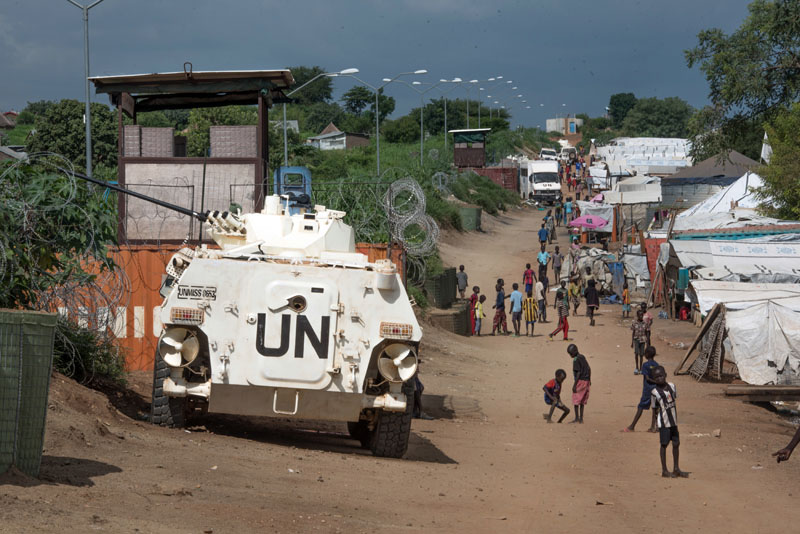United Nations peacekeeping operation debts mounting, says report
Kathmandu, April 16
The United Nations has an outstanding amount of $26 million to be paid to Nepal for its contribution to peacekeeping operations as of March 2019.
According to a report on ‘Improving the financial situation of the United Nations’ submitted by UN Secretary-General Antonio Guterres to the General Assembly in March, as with regular budget operations, peacekeeping operations constantly face liquidity challenges. The cumulative cash balances of peacekeeping operations are decreasing due to increasing arrears and late payments.
As of 31 December 2018, peacekeeping arrears amounted to about $1.5 billion, of which more than $1 billion were related to active missions. Currently (as of the reporting period), outstanding contributions to active peacekeeping operations amount to $1.7 billion.
The UN has run out of cash in two missions, requiring it to borrow from closed peacekeeping missions to sustain operations.
The UN was also only able to reimburse approximately half the amount owed to troops and police-contributing countries in the first quarter of 2019, the report said.
The UN owes $38 million to India, followed by Rwanda ($31 million), Pakistan ($28 million), Bangladesh ($25 million) and Nepal ($23 million) among others countries, the secretary-general said in his report.
“Over the past year, the United Nations has seen an increase in the number of peacekeeping missions that are frequently cash-constrained. That puts at risk not only the functioning of its operations, but also people who serve in difficult environments. It also means that the UN cannot reimburse troops and police contributing countries when required,” he said.
According to Guterres, delay in payments has three main effects which have already been felt in peacekeeping operations. “The short-term effect of not reimbursing countries that have incurred costs creates pressure on their own finances. In the long-term, the delay in payments creates an impediment to attracting countries that are able to deploy new units to peace operations, including those that can provide much-needed, highly specialised capabilities, including aviation, hospitals with medical and casualty evacuation, engineering, explosive ordnance disposal and de-mining. Delays are a particular disincentive for developing countries,” he said.
The third effect, he said, was it would forced the United Nations to use cash from future budget periods to meet its financial obligations towards troops and police contributing countries left over from previous periods.
Seventy-three member states had paid their contributions in full by the end of the first quarter in the year 2017 and 2018 compared to 62 in 2016 and 67 in 2015. So far, 74 member states have paid in full in 2019.






